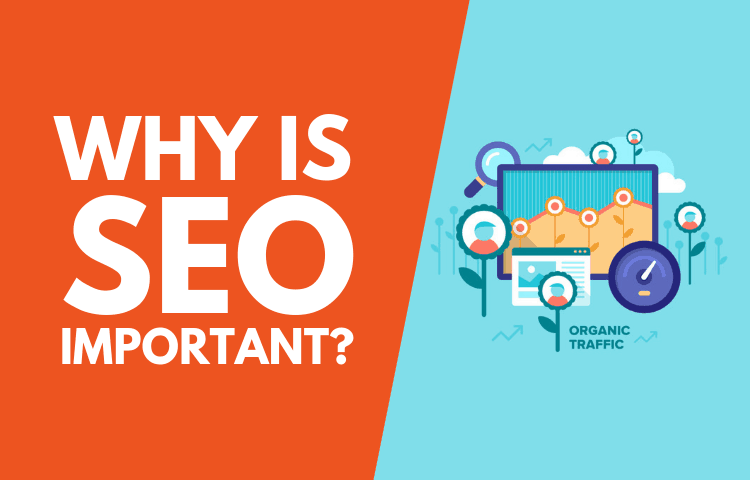
Search Engine Optimization (SEO) is a fundamental aspect of digital marketing that plays a pivotal role in enhancing online visibility and driving organic traffic to websites. In essence, SEO encompasses a diverse set of strategies, techniques, and best practices aimed at optimizing a website’s presence in search engine results pages (SERPs). By aligning with search engine algorithms and user behaviour patterns, SEO empowers businesses to improve their online presence, attract relevant audiences, and ultimately achieve their marketing objectives.
At its core, SEO revolves around the premise of understanding and catering to the needs and preferences of search engine users. When individuals conduct online searches using platforms such as Google, Bing, or Yahoo, they typically do so with specific intentions—whether it’s seeking information, researching products or services, or making purchasing decisions. SEO endeavours to bridge the gap between these user intents and the content offered by websites, thereby facilitating seamless discoverability and relevance.
One of the primary objectives of SEO is to attain higher rankings in organic search results. Studies have consistently shown that the majority of users tend to click on organic listings rather than paid advertisements, underscoring the significance of organic visibility in driving website traffic. By optimizing various elements of a website—ranging from content and keywords to technical infrastructure and user experience—SEO endeavours to secure prominent placements in SERPs, thereby maximizing exposure and click-through rates.
Moreover, SEO is not merely about achieving higher rankings but also about fostering a positive user experience. Search engines place considerable emphasis on factors such as website loading speed, mobile-friendliness, and content relevance when determining rankings. Consequently, websites that prioritize user-centric design and provide valuable, authoritative content tend to fare better in search engine algorithms. By aligning with these quality-centric criteria, businesses can enhance user satisfaction, foster trust and credibility, and ultimately cultivate long-term relationships with their target audience.
Furthermore, SEO serves as a cost-effective and sustainable marketing strategy, particularly in comparison to traditional advertising channels. While paid advertising campaigns yield immediate results, they often entail ongoing expenses and are subject to budget constraints. In contrast, the benefits of SEO accrue over time and can deliver long-lasting dividends without incurring incremental costs per click or impression. By investing in SEO, businesses can build a robust online presence that continues to generate organic traffic and leads, thereby offering a high return on investment (ROI) in the long run.
In today’s hyper-competitive digital landscape, where consumers are inundated with an abundance of information and options, SEO serves as a potent differentiator. By leveraging SEO to enhance their visibility, businesses can stand out amidst the digital clutter, amplify brand awareness, and carve a distinct niche within their industry. Moreover, SEO facilitates targeted outreach to individuals who are actively seeking products or services related to their offerings, thereby maximizing the likelihood of conversion and revenue generation.
Another compelling aspect of SEO lies in its measurability and data-driven nature. Unlike traditional marketing initiatives, which often entail a degree of ambiguity regarding their effectiveness, SEO allows for comprehensive tracking, analysis, and optimization of key performance metrics. From monitoring keyword rankings and organic traffic trends to assessing user engagement and conversion rates, SEO enables businesses to glean actionable insights into their online performance and iteratively refine their strategies for optimal results.
In conclusion, SEO occupies a central position in the realm of digital marketing, offering businesses a myriad of benefits ranging from heightened visibility and organic traffic to enhanced user experience and cost-effectiveness. By embracing SEO as a strategic imperative and continually adapting to evolving search engine algorithms and user behaviours, businesses can unlock the full potential of their online presence, drive sustainable growth, and remain competitive in an ever-changing digital landscape.
WhatsApp us
Leave A Comment